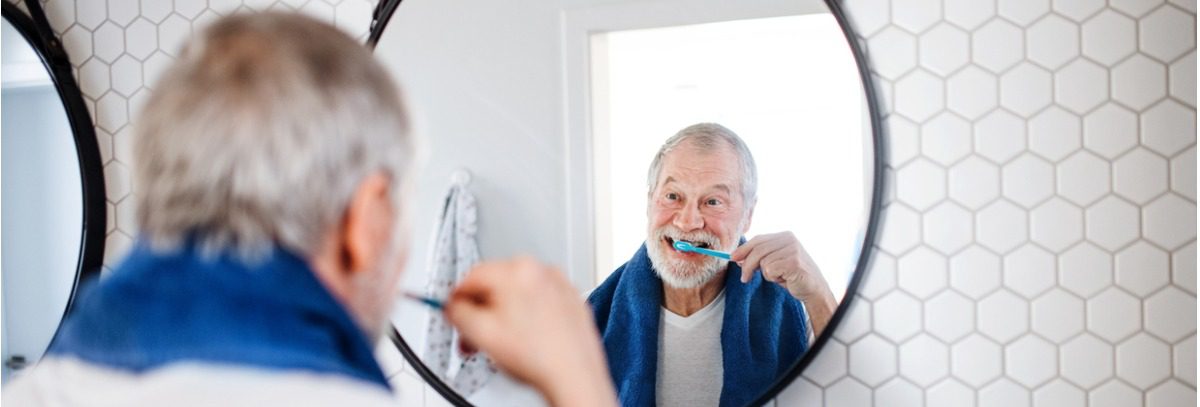Brushing your teeth isn’t just the foundation for a beautiful smile, it is also vital for maintaining your oral health. For many, brushing your teeth is as simple as applying toothpaste and brushing, but there are several mistakes that you can make when brushing that can impact both how effective the brushing is and your oral health. Below, our dentists in Gainesville, FL, have outlined seven brushing mistakes for you to avoid.
Contact our Gainesville dentists today to schedule an appointment or to learn more about our many cosmetic and general dentistry services.
Not Brushing Long Enough
When brushing your teeth, it can be easy to lose track of how much time has passed. The American Dental Association recommends brushing your teeth with fluoride toothpaste for two minutes twice a day. To help, use your phone to set a timer, as brushing for less than two minutes can lead to a greater amount of bacteria build-up that can harm your oral health.
Brushing Your Teeth Too Often
While you might think that brushing more frequently makes your teeth cleaner, brushing your teeth too often can have an adverse effect on your oral health. Brushing more than twice a day can cause damage to the tooth enamel as well as the gum line. When enamel is worn down, it could make your teeth more sensitive and susceptible to damage.
Using Incorrect Brushing Techniques
When it comes to brushing technique, many people brush in a side-to-side motion, but the best way to brush is to make small circles with the toothbrush. Using small circles can help to prevent damage to tooth enamel and gum line while cleaning your teeth more effectively. We also recommend using a soft-bristle toothbrush, which will further protect your teeth and gums.
Brushing Teeth At The Wrong Angle
Just like using incorrect brushing techniques, brushing at the wrong angle can impact how effective brushing is. We recommend holding your toothbrush at a 45-degree angle towards the gums while brushing. This allows the bristles to get slightly underneath the gum line, making cleaning more effective while still being gentle on the gums.
Not Replacing Your Toothbrush
According to the American Dental Association, your toothbrush or its replaceable brush head should be replaced every 3–4 months. However, if you have just recently gotten over a sickness, we recommend replacing this right away as the bacteria from when you were sick is able to live on your toothbrush, which could re-infect you.
Storing Your Toothbrush Incorrectly
By storing your toothbrush out in the open in the bathroom, your toothbrush could be crawling with bacteria, possibly including human fecal matter, which can get on the toothbrush by flushing the toilet with the lid open. We recommend storing your toothbrush in a medicine cabinet or inside a drawer after letting it air dry.
Don’t Rinse Your Mouth With Water After Brushing
While that toothpaste aftertaste may not be the best thing in the world, rinsing with water after brushing dilutes the fluoride from the toothpaste, making the toothpaste less effective. If you need to rinse after brushing, we recommend using mouthwash, but the same principles apply — don’t rinse with water after using mouthwash.
